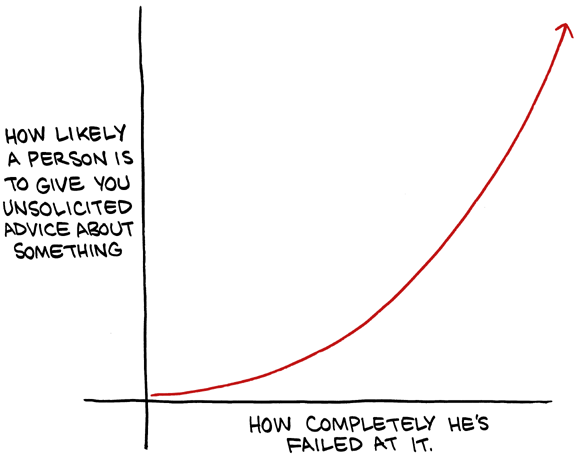Life in Bonn (2020–2025)

This page used to host a collection of information and advice regarding the Master's programme in Mathematics at the University of Bonn. It was written in early 2020, shortly before I was to submit my Master’s thesis. Based on the feedback I have received since its publication, it appears that there have been quite a few people who have found it useful.
Nevertheless, in January 2025 I have come to the decision to take the page offline. Here’s why.
In short, things have changed. Indeed, these last five years have doubtless brought many changes with them, for the University as well as for life in Bonn or Germany in general – not unrelated to the effect of the COVID-19 pandemic. This means that reality has drifted far enough from the factual information hitherto presented on this page that I deem it no longer useful for prospective Bonn-dwellers. Moreover, regarding the subjective side of this page, I strongly suspect that if I were to give advice to Master students today, it would be substantially different than what I considered good advice five years ago.